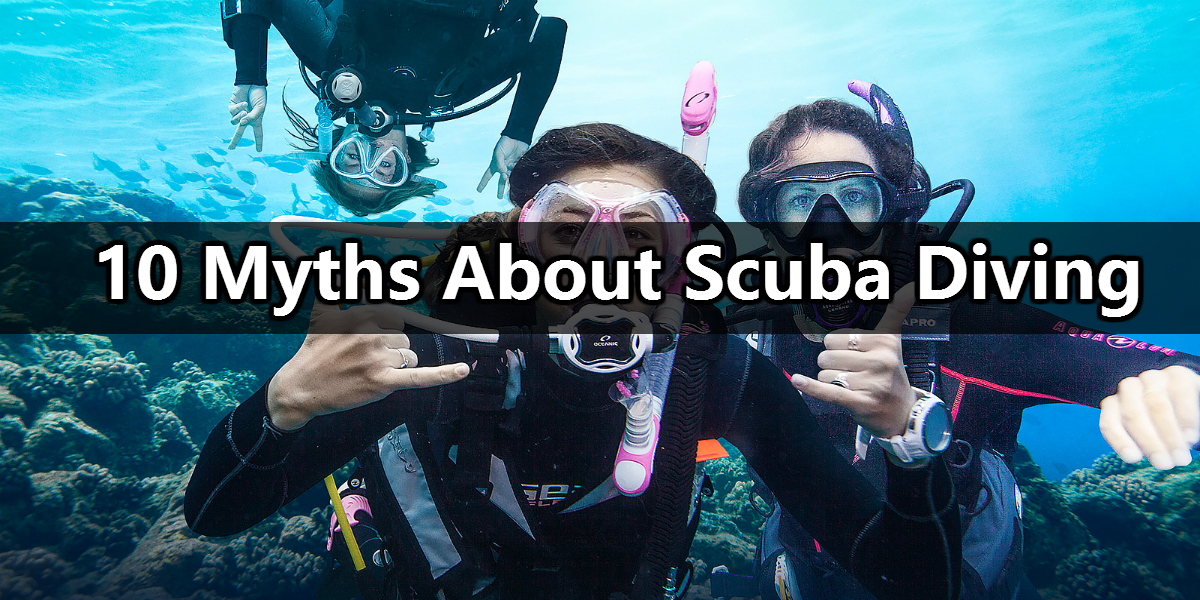
10 Myths About Scuba Diving
Malaysia has some of the best underwater life in the world. It's such a pity that only a small number of Malaysians are certified divers. Below are some of the misconceptions that Malaysian usually have of the sport. Let's debunk it together!
1. You need to be certified to dive
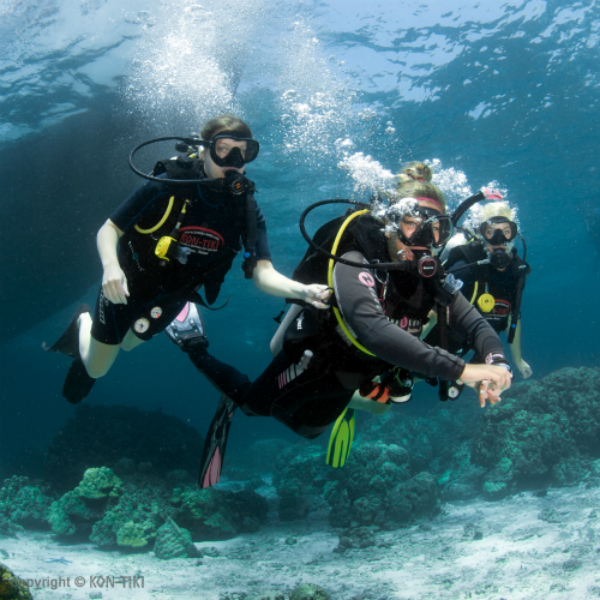
This statement is only partly true. There's a new program called Discover Scuba Diving (DSD) which specifically cater to people who wants to try diving but either they're not sure whether scuba diving is the sport for them or they simply do not have the time to undergo the whole course.
Under DSD, participants will be taught all the basic skills of diving like clearing your mask and some simple hand signal. In fact, on my first dive lesson was done together with DSD participants. So yea... you guys saw the same thing as me!
2. Scuba Diving is only for good swimmer
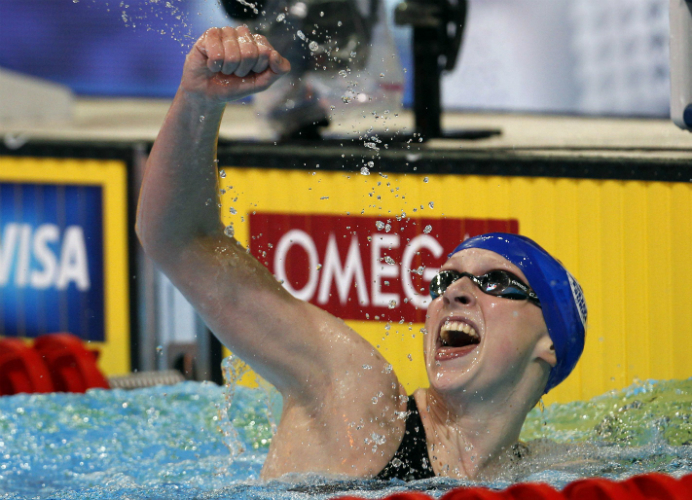
Well of course you should know how to swim how else would you be comfortable jumping into the water in the middle of the sea! But diving doesn’t require you to be an advanced swimmer with super athletic stamina.
One only need to demonstrate basic water skills such as:
- Swim 200 metres/yards (or 300 metres/yards in mask, fins and snorkel) without stopping. There is no time limit for this, and you may use any swimming strokes you want.
- Float and tread water for 10 minutes, again using any methods you want.
These are all the skills you need... Easy Peasy!
3. Need a lot of time to get certified
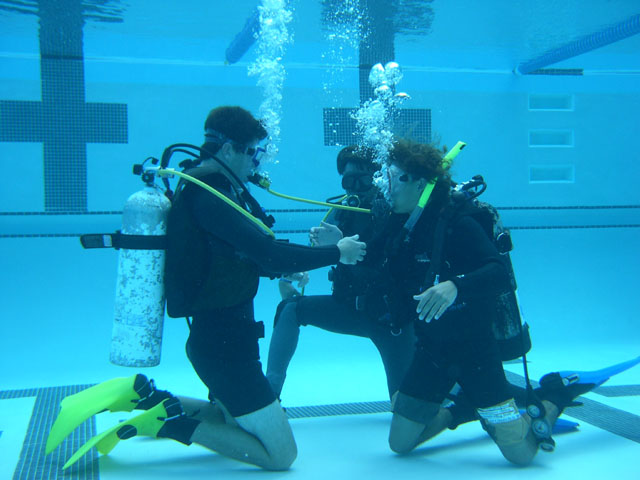
You will be surprise how little time you need to invest to get certified. A major misconception is that all scuba lessons need to be done in a pool, requiring hours of training. WRONG!
I finished my course in 3 days 2 nights. Scuba lessons do not necessarily be done in a pool. I done mine on a beach. Just book a holiday at any dive resort and undergo your course there. Simple isn't it?!
But if you can't afford 3 days 2 nights, you can first have the training in a pool near where you stay. But you'll still need to undergo at least 4 open water dives, usually done in open sea.
4. I'm claustrophobic. I can't dive.
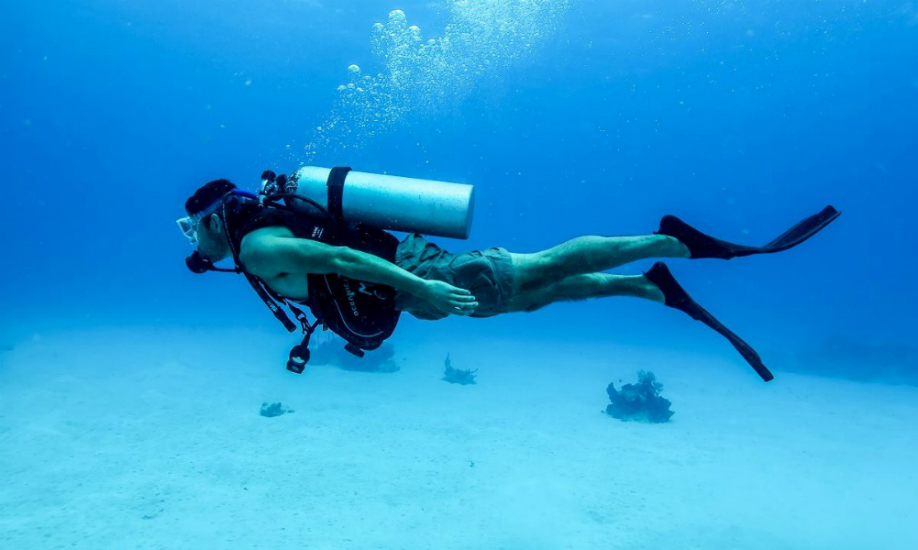
Scuba diving does involve the use of a breathing apparatus and dive gear that some may consider restrictive. But if you were to overcome this, considering the wide open ocean you dive in, claustrophobia shouldn’t stop you from trying this sport. People who are claustrophobic however should ideally dive in clearer waters with good visibility.
5. What if there's a shark?!
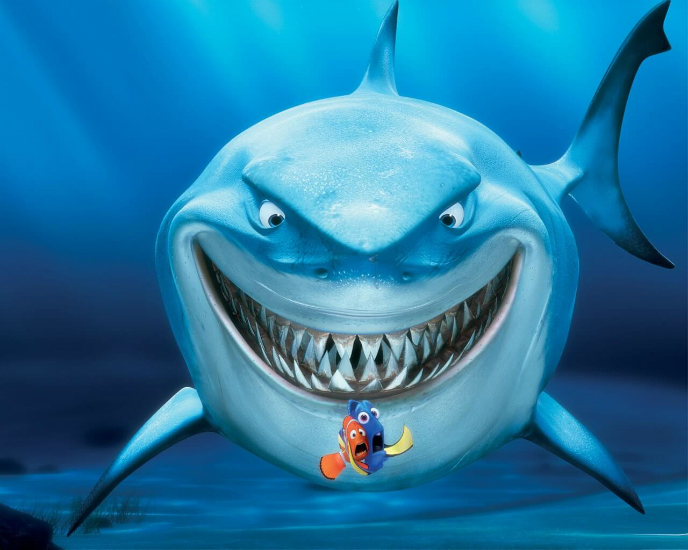
Let’s just say your chances of getting hit by lightning, dying of a wasp, bee or snake bite are a lot more than becoming a shark’s supper. Last year, more people died from taking selfies than shark attacks! So stop being paranoid!
In fact, sharks are one of the most majestic animals that I've ever encountered. I love diving with sharks!
6. I need to travel to a far and exotic locale in order to dive.
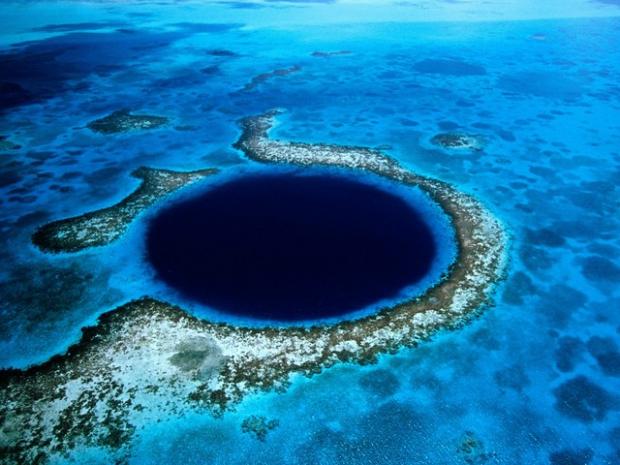
This is simply not true. In fact, some of the best dive spot can be found in Malaysia. Sipadan is consistently ranked among the top dive spot in the world! Nearer to Johor Bahru, one can choose to dive at Pulau Tioman or Pulau Sibu, all accessible from Mersing.
Read also: Island Hopping Johor
7. If you have vision problems, you’ll be blind underwater and can’t scuba dive!

Did you know that your vision is actually clearer and objects appear bigger underwater? This is due to the natural magnifying characteristics of water. If you have minor vision problems, being able to see properly underwater won’t be an issue.
For those with more serious vision problems, you can wear soft contact lenses during your dive. You can also get a prescription dive mask or a mask with corrective lenses.
8. Snorkeling and Scuba Diving are equally as good!
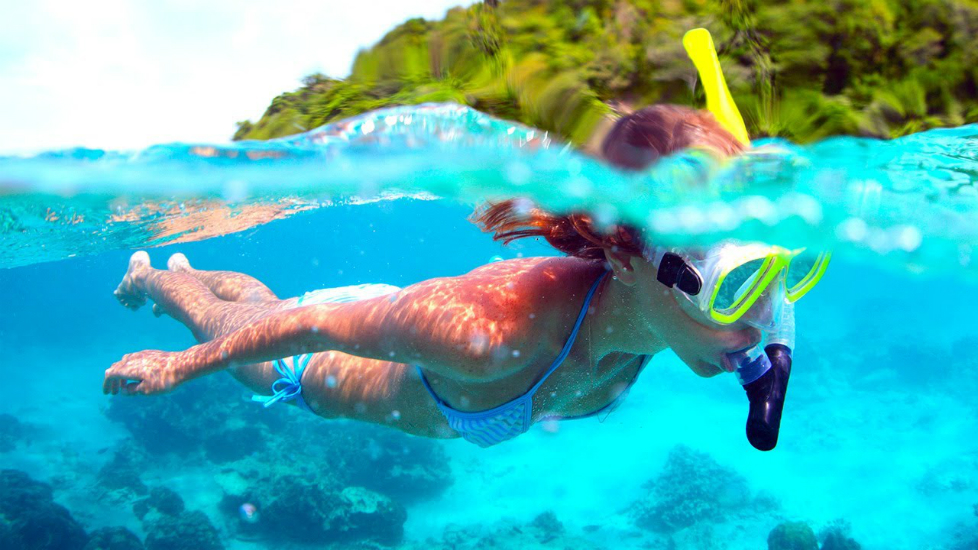
Don't get me wrong. I like to snorkel — floating around on the surface peering down on the reef from above is a great way to spend time between dives. But just as good? No way! Not if you like action.
Snorkeling is like watching football from a seat that is far from the pitch (the cheapest and lousiest seat). While scuba diving gets you up close with the players, sometimes even taking part in the game itself!
9. Scuba diving will cause your eardrum to explode!
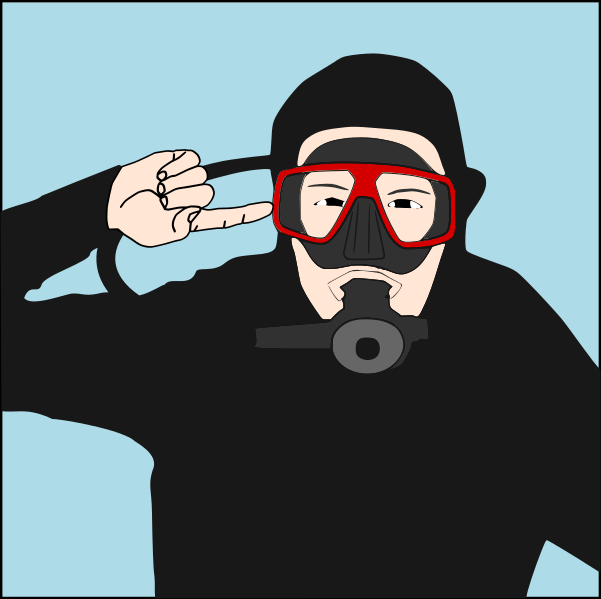
One of the first skill you'll learn during your class is how to equalize properly underwater. Divers usually descend slowly into the water, equalizing at the same time. If you follow all the instruction, you should be totally fine!
10. Scuba diving uses expensive air

Another misconception is that scuba diving uses special air that is expensive. In fact, the air used for recreational diving is just normal compressed air (air that is highly compressed). Unless, you're going for technical diving or you wanna stay longer in water, nitrox (enriched air) will not be necessary. Also, the use of nitrox requires special training and certification.

